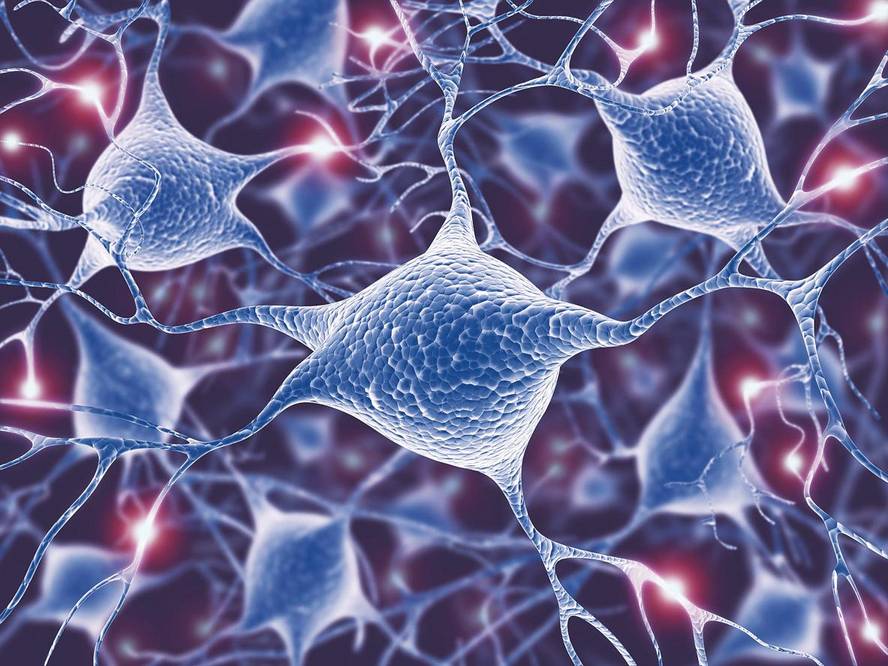Blood influences the neuronal process
Some factors present in the blood have shown their ability to increase or decrease the generation of neurons. Research has been conducted at Standford University, with mice, and in addition to showing that blood influences neurogenesis, they have identified a factor that slows down the process.
The research has used young (3 months) and old (2 years) mice. They formed couples between the elderly and the young and connected their blood circulations. They then checked for a change in the brain, focusing on the number of cells in the hippocampus.
Thus, they observed that in old mice the number of hippocampus cells grew from 400 to 1,000, that is, they showed that the blood of young mice is able to increase the neurogenesis of old mice.
On the contrary, the injection of blood from old mice to young people caused neurogenesis to be reduced. In addition, they had more memory than common mice of the same age and had difficulty learning. The isolation of blood factors allowed us to identify the cause of these effects: CCL11 protein.
According to researchers, research is of great importance as it suggests that it is possible to influence the aging process of the brain without acting on the brain itself.






